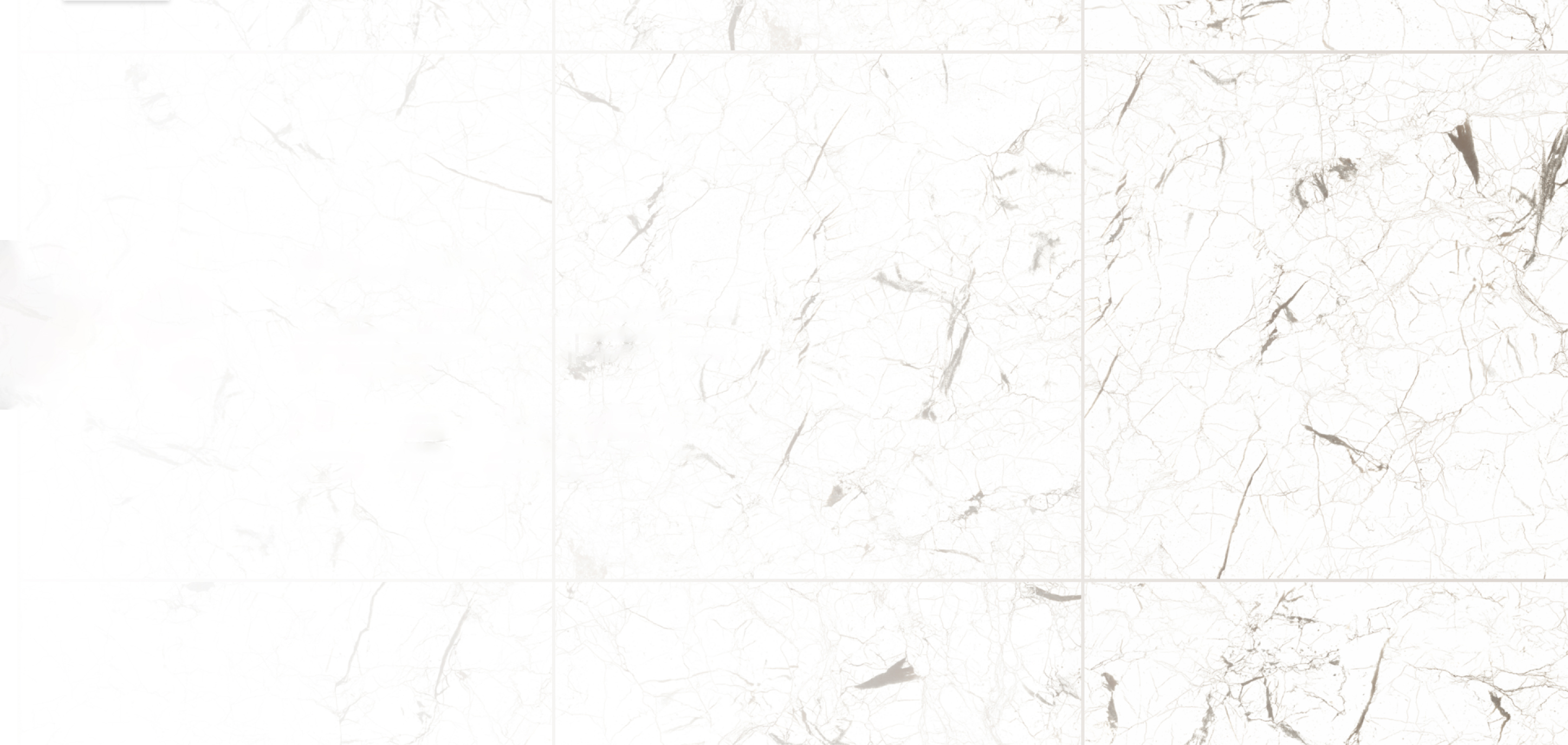Commercial Areas
Public areas such as lobbies, malls, shopping centers and corridors can be
easily
cleaned by a daily mopping with warm water and all purpose liquid cleaner.
Showers and Toilets
Where hygiene is of paramount importance, such as in commercial showers and
toilets,
a commercial cleaner is the best application where cleaning should be performed
daily.
Kitchens
For commercial kitchens where the grease build up is constant, approximately ½
cup
(0.12 litres) of industrial cleaner up to 15 litres maybe used to clean grease
and
oil spills. This method of cleaning is appropriate also for dining areas in fast
food cafeterias and for food and beverage spills.
Exterior Areas
Although exterior tile surfaces do not often require cleaning, they can be
washed
with a soapless detergent and rinsed with fresh water. Where harder grime
occurs, a
soft bristle brush can remove build-up.
Hygiene
Due to the nature of ceramic tiles, their surfaces , glazed or unglazed are
perfectly hygienic. In this way, they are excellent for domestic applications
where
hygiene is essential and where dirt and hard water are inevitable and thus are
an
easy floor surface to clean. In commercial applications, this hygiene is
imperative
for bathrooms, kitchens, hospitals, schools, toilets and their ease of
maintenance
essential for lobbies, shopping malls, eating areas, and industrial areas.
